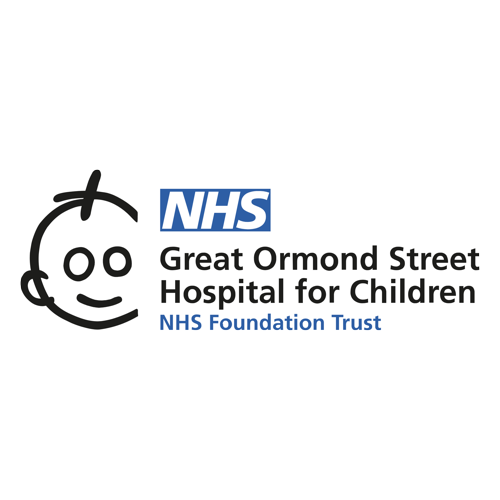
https://www.gosh.nhs.uk/conditions-and-treatments/medicines-information/?page=17
Medicines information
The information in this section describes medicines, how they are given and some of their possible side effects.
If you have any questions or concerns about medications, please ask your doctor, nurse or pharmacist.

